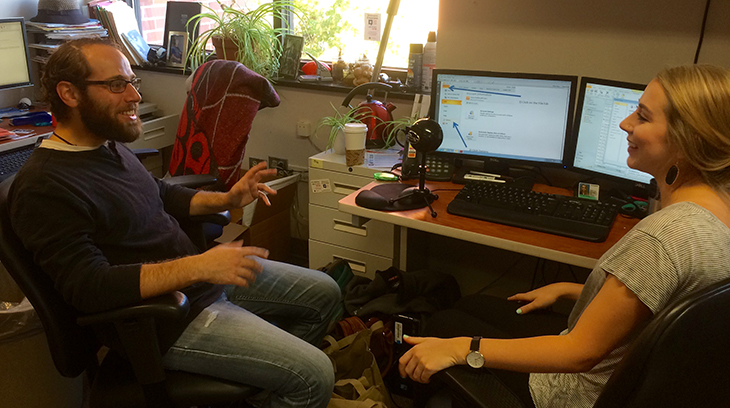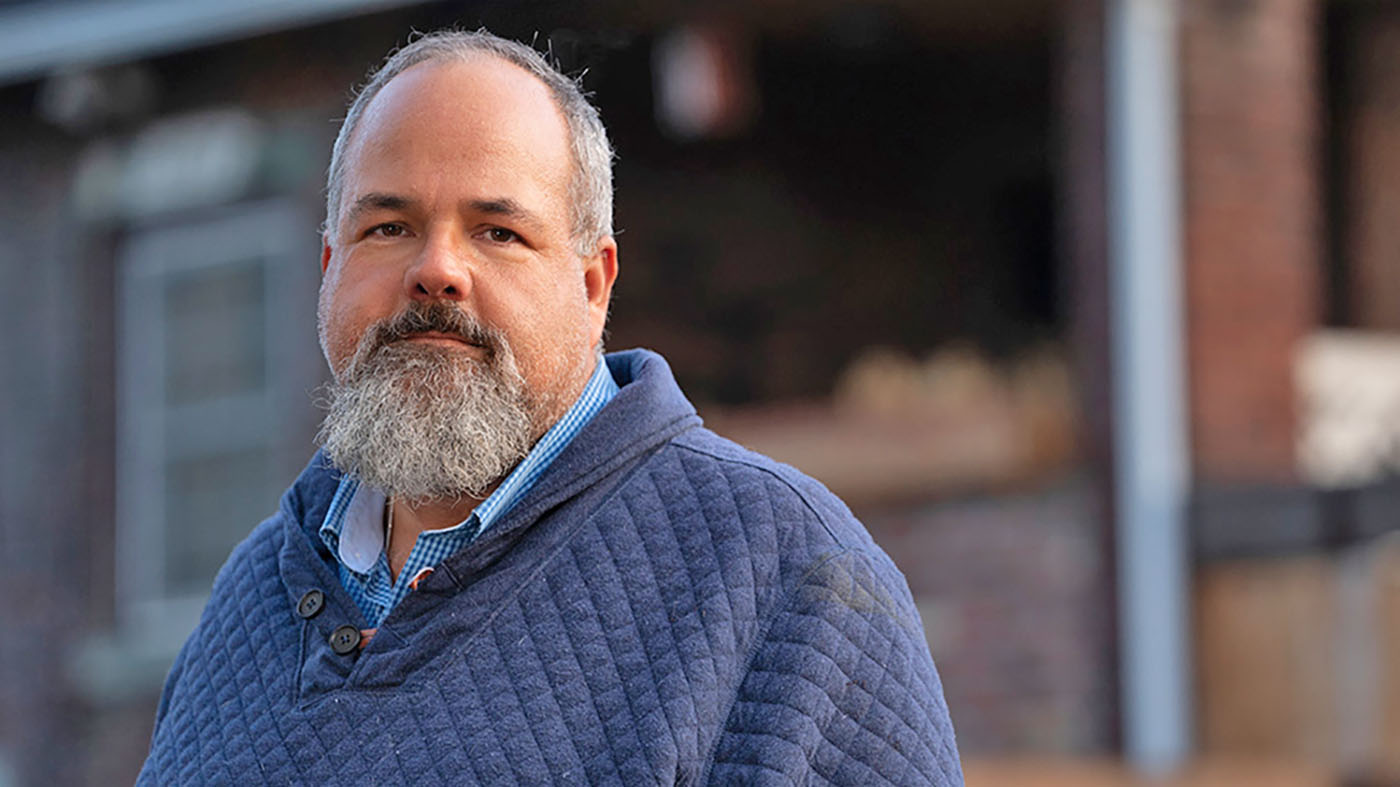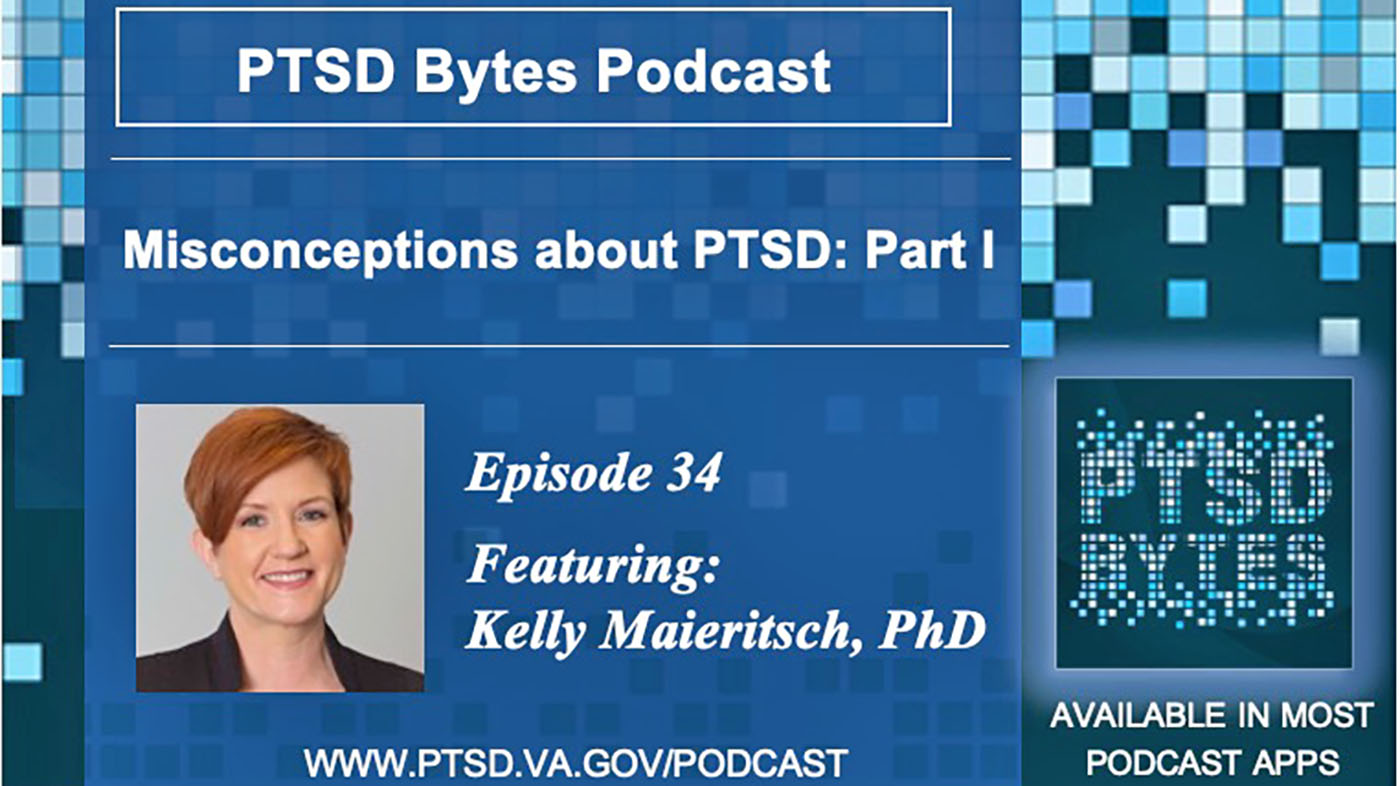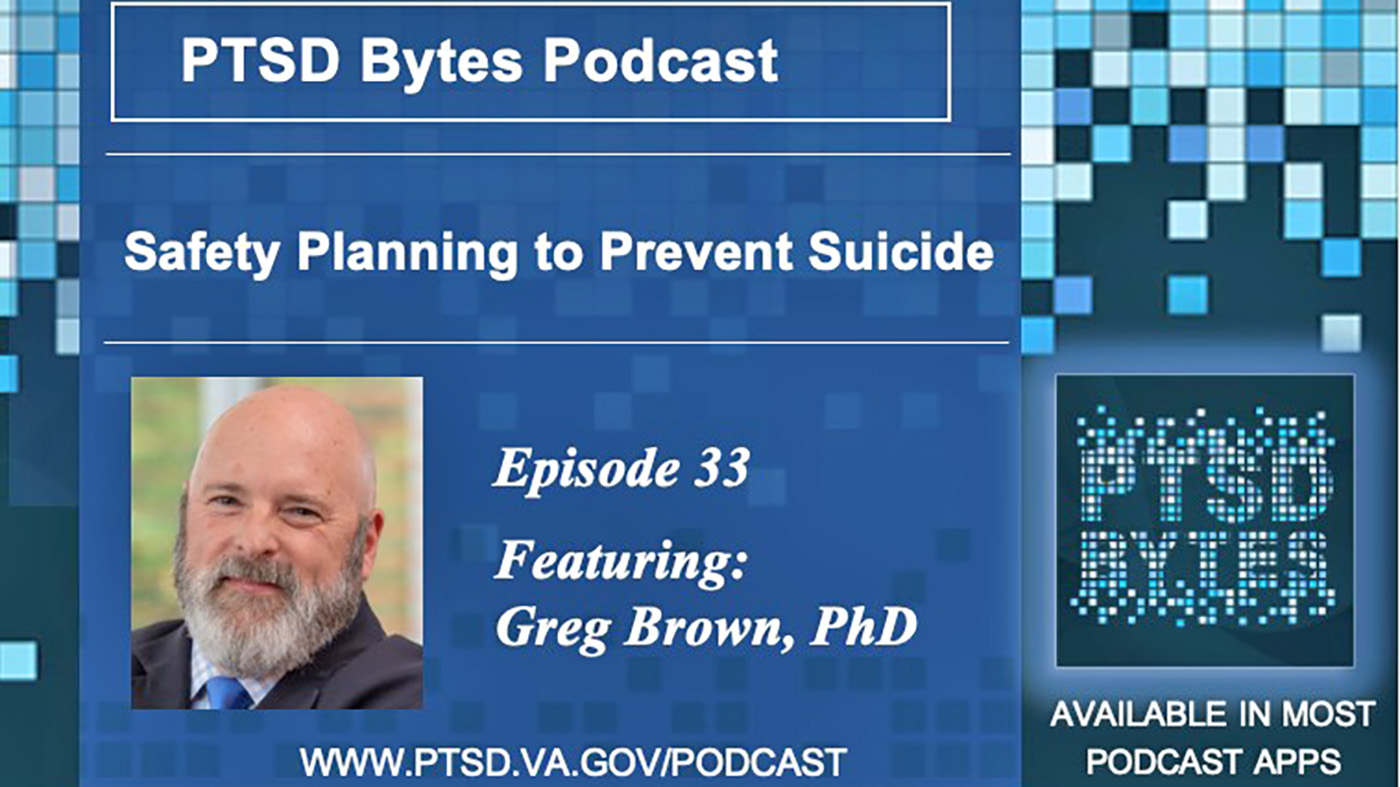For Suicide Prevention Month, the Rocky Mountain Mental Illness Research, Education and Clinical Centers (MIRECC) for Suicide Prevention has launched the “Short Takes on Suicide Prevention” podcast. We started this podcast because the topic of suicide demands our attention. Suicide impacts everyone, and we want to make sure that everyone has engaging information about current advances in suicide prevention in an easy-to-access, digestible format.
The Short Takes on Suicide Prevention podcast has been steadily releasing new content since the first episode in early 2016. We see it as an innovative approach to share updates on important suicide prevention topics to Veterans, their families and those who care for them. We interview leaders across the field of suicide prevention and use the podcast as a vehicle to make their research and work accessible to everyone.
Earlier this year, the podcast launched with an episode sharing insights into where we are with suicide risk assessment, including a thorough explanation of risk factors, warning signs, and drivers of suicide, and why they matter. In another chapter of our risk assessment series, we respond to the provocative question, “Should we abandon suicide risk assessment?” Our experts strongly believe that the answer is “No,” but we highlight some of the inherent challenges in predicting suicide risk, and touch on promising clinical approaches to identify those at risk for suicide. More recently, we discussed objective approaches to suicide risk assessment that do not rely on self-report. Learning about assessing risk is imperative because using evidence-based approaches will help providers to better identify those in need of enhanced intervention and provide tailored care to each Veterans situation.
A growing line of research suggests that military sexual trauma (MST) is associated with elevated suicide risk among Veterans. In our first interview in the series exploring MST and suicide, we share recent research findings and communicate useful information about the free VHA services available to Veterans who may have had this experience.
The Short Takes on Suicide Prevention podcast also draws attention to emerging research on environmental factors that influence suicide risk. We discuss intriguing studies looking at the impact of altitude and even air pollution on suicide risk. Traditional research usually focuses on common risk factors, such as mental illness and substance use, but many of us would not have thought that living at a higher altitude, or being exposed to the smog of air pollution, is a risk factor for suicide. In this episode we break down the science and explain these findings and what they mean for you and your family. This is particularly relevant for us here in the Rocky Mountain region, home to states with some of the highest suicide rates in the nation.
And what about the millions of microorganisms living in and around the body, and in our environments? We all have a few pounds of tiny organisms living inside our body that we have co-evolved with over generations. Have you ever wondered about how they may be impacting not just our physical health, but also our mental health? We talked with leaders of the Military and Veterans Microbiome: Consortium for Research and Education (MVM Core) to learn more about how the microbiome may impact stress resilience, and how the microbial communities in the built environment may affect us. We learn why it is essential to spend time outside in nature. Although this research is still in its infancy, we touch on potential implications for Veterans and Servicemembers, who face unique exposures to microorganisms through diets and deployments around the world, and also ponder how it might affect their families’ health when they return home.
Still have your attention? You can also listen to a dialog about firearm safety for suicide prevention, learn about the Interpersonal Psychological Theory of Suicide, and hear from our Education Director, Dr. Nazanin Bahraini, on why it is essential to have channels such as this podcast to disseminate suicide prevention research. Check these out and much, much more at the broadcast page.
Well that’s it for today, and we appreciate your attention. Feel free to reach out to us if you have any comments or questions about this work. Please take a moment to subscribe to our podcast, give us a review and share with colleagues. Be sure to follow us over the coming weeks and months for more interviews on important work in suicide prevention.
Adam Hoffberg has a Master of Health Science in Mental Health degree from the Johns Hopkins University Bloomberg School of Public Health, with a certificate in health disparities and health inequity. He is currently employed as recruitment/outreach and social media coordinator with the Rocky Mountain Mental Illness Research, Education, and Clinical Center at the Denver VA Eastern Colorado Health Care System, providing support in roles consistent with the mission and vision of preventing suicide among Veterans.
Topics in this story
More Stories
Be ready before a suicide crisis by learning about resources that are available. You don’t have to face it alone.
In a two-part series, Dr. Colleen Becket-Davenport discusses some common myths surrounding PTSD with Dr. Kelly Maieritsch.
In this episode of the PTSD Bytes podcast, we speak with with Dr. Greg Brown, Philadelphia VA clinical psychologist, about how safety planning can prevent suicide.







